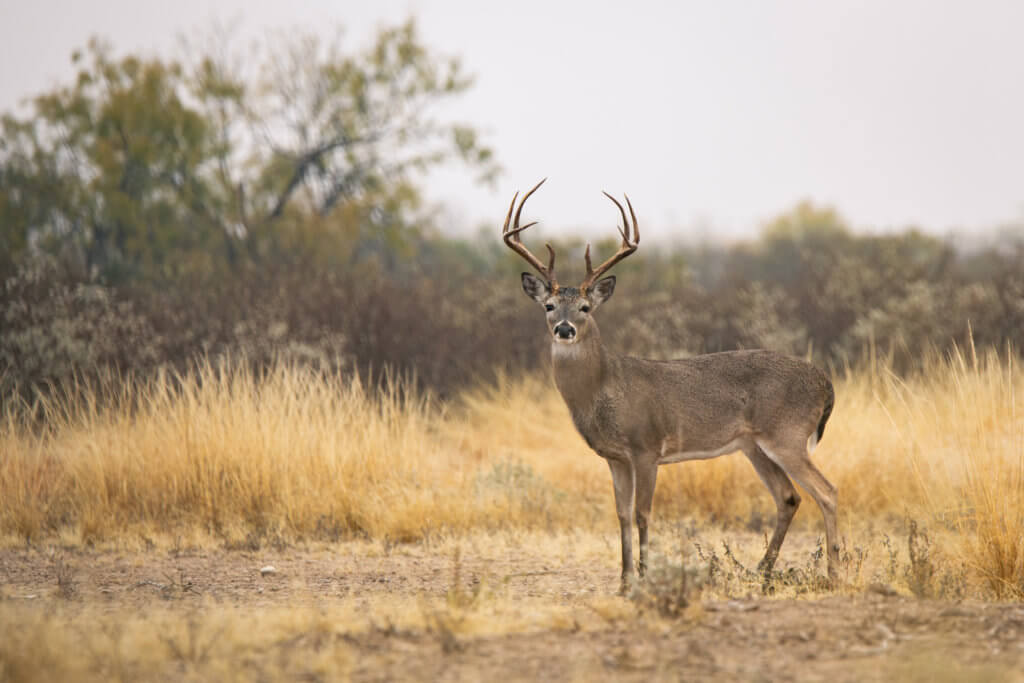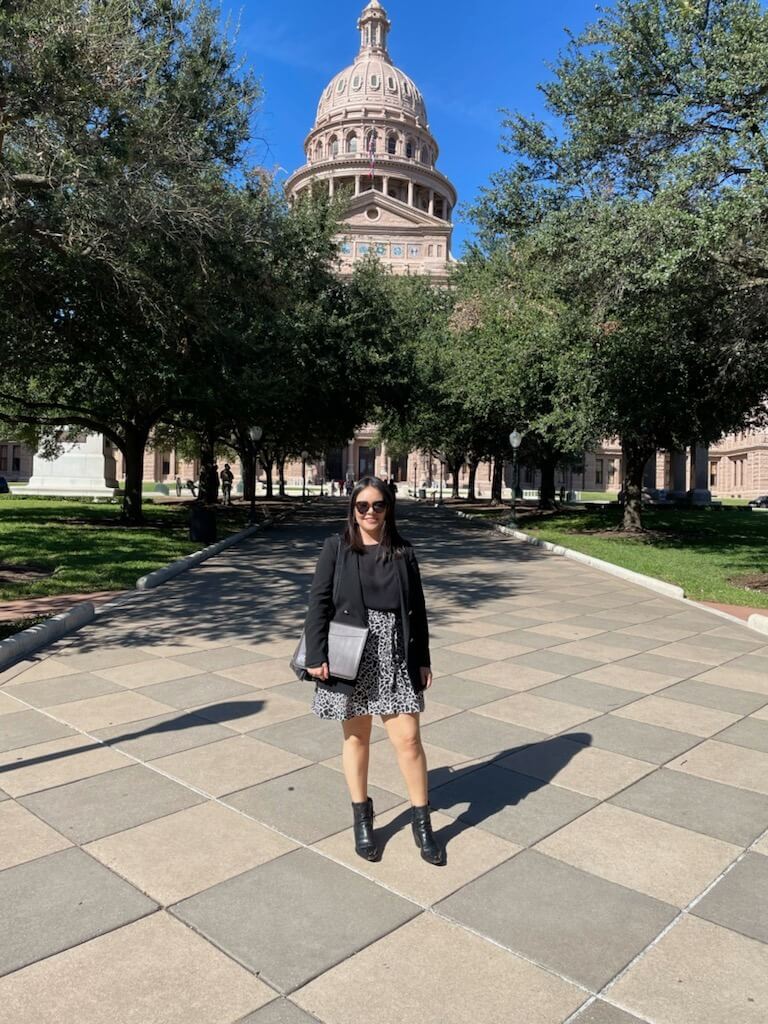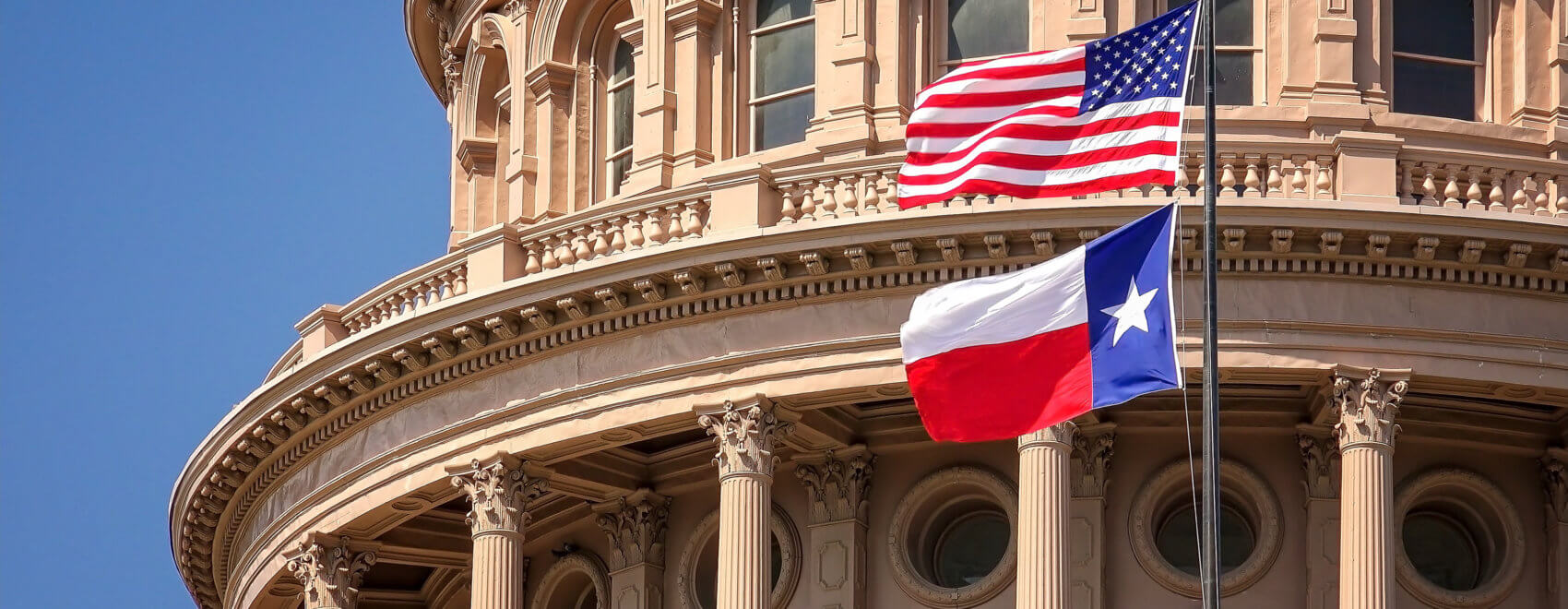After a brief hiatus for the summer, we’re back with The View from Austin, and we certainly have plenty to say!
Here in Texas, the Legislature is now in its third called session of the year, more commonly referred to as a special session. We’ve been closely following these sessions because numerous bills were filed that would either benefit or hurt Texas cattle producers and landowners.
For better or worse, the first two special sessions ended with little to report. Despite tracking almost 50 bills during the second special session, the only bill of note to pass was H.B. 9, which allocates much-needed additional funding for border security. More on that topic later.
Now in the third special session, the primary topic of discussion is redistricting. We’re monitoring that process closely because of its impact on rural Texas’ representation in Austin and Washington. Every 10 years, the Texas legislature must draw the maps that determine which geographic areas each congressman, Texas senator and Texas representative will represent. It’s a highly political process that happens mainly behind the scenes, but it’s important because of our changing demographics.
In the last 10 years, it’s no surprise that rural Texas has lost population, and urban/suburban Texas has gained population. In fact, the state adds about 1,000 people per day to our population, and they’re not going to rural communities. The maps released so far reflect this, with more seats in urban and suburban areas and fewer spread further apart in rural areas. This will directly impact how we work within the Statehouse, which is why it’s so important for cattle producers and rural landowners to band together behind organizations like Texas & Southwestern Cattle Raisers Association, where we can act as a force multiplier for your issues.
We’re expecting more special sessions to follow this one so that the saga will continue, and we will keep you apprised.
Elsewhere in Texas news, TSCRA has been extremely active in the Chronic Wasting Disease conversation over the past several weeks. Association members have testified before the Texas Parks and Wildlife Department, Texas Animal Health Commission, and most recently, before a joint hearing of the House Agriculture and House Culture, Recreation and Tourism Committees. Our key message: Cattle producers already must comply with more than fifteen different regulated bovine diseases. While burdensome in many cases, it protects our herds and our industry. We should protect our wildlife in the same ways or risk devastation to native deer populations and the hunting industry. If you haven’t yet, check out our editorial on the issue here.

We remain engaged on the border security issue as well. Just last week, TSCRA member and Laredo native Martha Santos testified before the House Committee on Homeland Security and Public Safety. She told the committee that her family can no longer run cattle on their land along the Rio Grande because human and narcotics trafficking have become bad. Where they previously saw only a few crossers, they’ve now had more than 300 in a single night. She closed by pleading with the committee to put politics aside and secure our border. As an association, we’re continuing to work with our state and federal policymakers to push for that exact thing!

There’s also a lot going on in Washington, D.C. The topic dominating national news is the massive infrastructure package and reconciliation measure being considered in Congress. The $3.5 trillion bill contains a long list of priorities for the Democratic-controlled House, but of course, those priorities all cost money. Congress will have to raise $1.5 trillion in revenue to fund the legislation, meaning higher taxes. Fortunately, some of the most harmful provisions, like eliminating the stepped-up basis and eliminating 1031 like-kind-exchanges, did not make it into the bill, but other things did. If the bill becomes law, you can expect higher capital gains taxes, higher taxes for top earners, a higher corporate tax rate, a lower exemption threshold for the death tax, and tightened trust requirements.
I hope the rumors are starting to die down, but you may have heard that there will be a $2,600 tax on each head of cattle as part of the bill. That is not true. While a section would require the EPA to impose a fee on certain facilities that produce methane, it applies only to oil and gas production, not agriculture. Of course, we’re staying vigilant to ensure this proposal or others that are harmful do not work their way back into the package along the way.
Despite all of this, the future of the whole bill is still uncertain. Moderate and progressive Democrats are fighting internally about how much to spend. Even once passed by the House, the Senate must approve it, where Democrats cannot afford to lose even a single vote.
Our old nemesis, WOTUS, is also back. We’ve submitted comments to the EPA and Army Corp of Engineers as they get ready to change the definition of what bodies of water the federal government can regulate. After a vast overreach by the Obama administration, the Trump administration narrowed the definition in a new rule called the Navigable Waters Protection Act. The Biden administration now wants to change it yet again, believing the NWPA was not strict enough. The courts have already begun to weigh, too, vacating the NWPA and sending us back to the definition that started in the 1980s.
We’ll have a long road ahead as the WOTUS saga continues, but rest assured, we will fight to ensure the EPA doesn’t try to take control of your property, again. Also, be on the lookout for our November issue of The Cattleman magazine, which will have more on the subject!
There’s more, but we can save that for next time. In the meantime, enjoy the start of fall and hopefully some nice cool, wet weather!
-Jeremy
Jeremy Fuchs is the director of policy communications and government relations for Texas & Southwestern Cattle Raisers Association.

